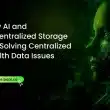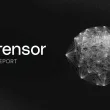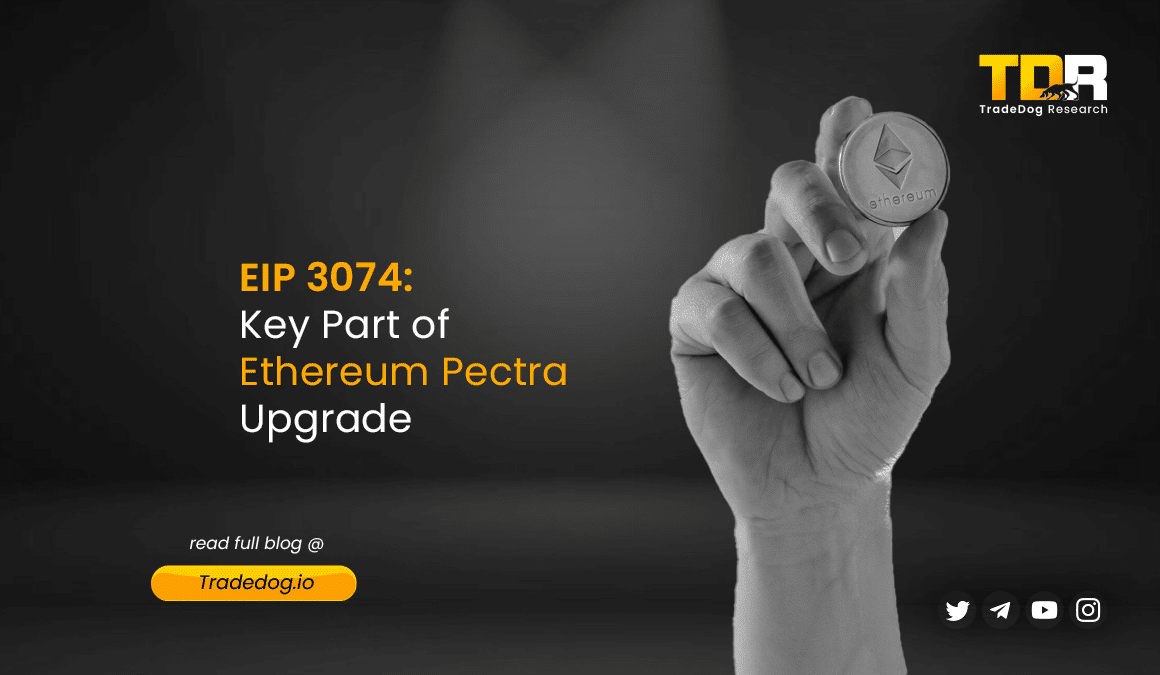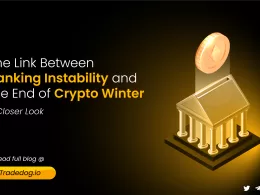Quick Links
Ethereum is on the brink of another transformative upgrade known as the Pectra hard fork, set to enhance user experience, network security, and overall efficiency. At the heart of this upgrade is EIP-3074, a proposal designed to revolutionize transaction handling by bringing smart contract functionalities to regular wallets. This blog explores the significance of the Pectra upgrade, the intricacies of EIP-3074, and its potential impact on the Ethereum community.
The Pectra upgrade is a significant milestone in Ethereum’s development, scheduled for late 2024 or early 2025. It introduces various Ethereum Improvement Proposals (EIPs), with EIP-3074 being one of the most notable. This proposal aims to simplify transaction processes, enhance security, and integrate smart contract functionalities into regular Ethereum wallets.
Understanding EIP- 3074
EOAs are the most commonly used accounts on Ethereum, where most transactions originate. While smart contract accounts (introduced with EIP-4337) offer advanced functionalities, they require users to deploy new contracts, leading to complexities and additional costs. Moreover, many smart contract accounts are still controlled by a single EOA, creating a hybrid and somewhat inefficient system. EIP-3074 addresses these issues by allowing EOAs to delegate control to smart contracts without needing to convert entirely to smart contract accounts.
How does EIP-3074 work?
EIP-3074 introduces two new opcodes, AUTH and AUTHCALL, which empower EOAs to transfer transaction execution authority to smart contracts. Here’s how they work:
AUTH: This opcode lets an EOA authorize a specific smart contract to act on its behalf. Essentially, it delegates the transaction execution rights to the contract, allowing for automated and more complex operations.
AUTHCALL: Once authorized, a smart contract can use AUTHCALL to perform transactions on behalf of the EOA.
Key Features of EIP-3074
Batch Transactions: EIP-3074 allows users to combine multiple transactions into a single one.
This aggregation makes transaction processes more efficient and can potentially reduce overall transaction fees by distributing costs across multiple actions within the same transaction.
Sponsored Transactions: With EIP-3074, a third party can cover the transaction fees instead of the asset holder. This feature can significantly incentivize the use of DApps by removing the need for users to pay gas fees. It makes blockchain interactions more accessible to users who might not have ETH on hand to cover transaction costs, thereby lowering barriers to entry and encouraging wider adoption of Ethereum-based services.
Smart Contract-like Capabilities in EOAs: Regular user accounts (EOAs) can now delegate permission to smart contracts to perform actions autonomously on their behalf. This delegation bridges the gap between EOAs and smart contract accounts, allowing users to benefit from advanced functionalities without having to deploy new smart contracts.
Limitations of EIP-3074
While EIP-3074 enhances user experience, it also introduces some considerations.
Security concerns: The implementation of invoker contracts and the new operations (AUTH and AUTHCALL) must be carefully managed to prevent unauthorized access and potential misuse. Malicious smart contracts, if authorized, could potentially drain user funds.
Limited compatibility: EIP-3074 does not integrate very well with the emerging ERC-4337 standard for smart contract wallets.
Other Key EIPs Included in Pectra Upgrade
- EIP-7251 (Maximal Effective Balance – Maxeb): Proposes increasing the maximum validator stake on the network. While this could improve efficiency, it raises concerns about potential centralization if fewer validators control a larger stake. Finding the right balance between efficiency and decentralization remains a crucial consideration.
- EIP-7610 (Account Overwriting Prevention): Focuses on preventing account overwriting during the fork, enhancing security during the transition period.
- EIP-7523 (Empty Account Prohibition): Prohibits empty accounts on the network, promoting network efficiency, and making the network faster and easier to use.
- EIP-2537: This EIP brings new pre-built functions to the BLS12-381 curve used for cryptographic processes. These functions help make cryptography processes more efficient, leading to better security and verification on the network.
- EIP-3074, 5806, and 7377 (Account Abstraction EIPs): These EIPs work together to make transaction processing easier and more secure. They introduce new functionalities allowing transaction contracts to be verified and executed autonomously, enabling features like combining multiple transactions or having someone else pay for a transaction.
- EIP-5920 (PAY opcode): This EIP provides a more efficient way to share ETH by sending tokens directly without activating the receiver’s contract code.
The Road Ahead
As Ethereum progresses with the Pectra upgrade and the planned implementation of EIP-3074, attention turns to its security implications which are solved in another proposed solution EIP-7702. This demonstrates Ethereum’s ongoing commitment to improvement and innovation.
Moving forward, it’s vital to balance innovation with security, with the community’s active involvement playing a crucial role. Ethereum’s journey continues towards a decentralized, scalable, and user-friendly platform, shaping the future of decentralized finance and digital assets.









